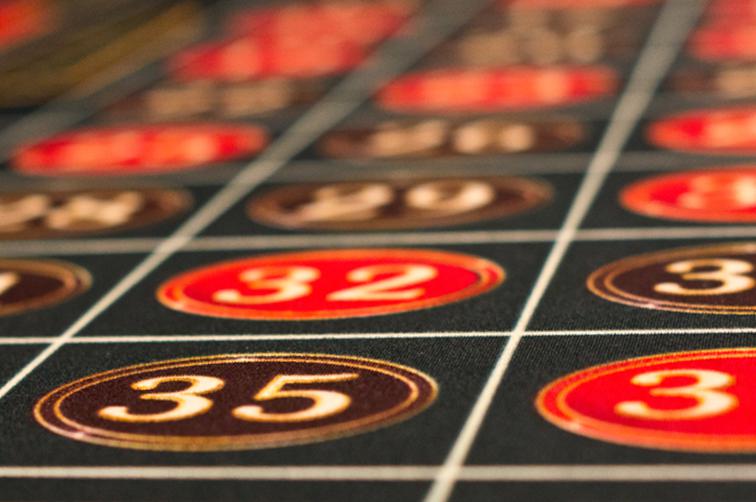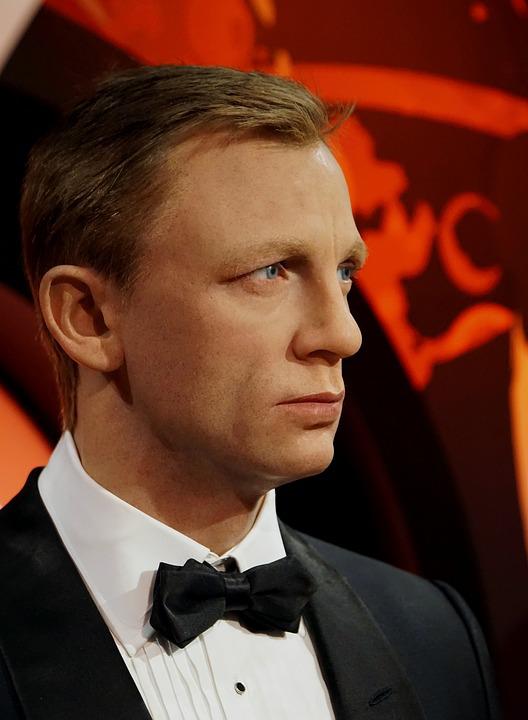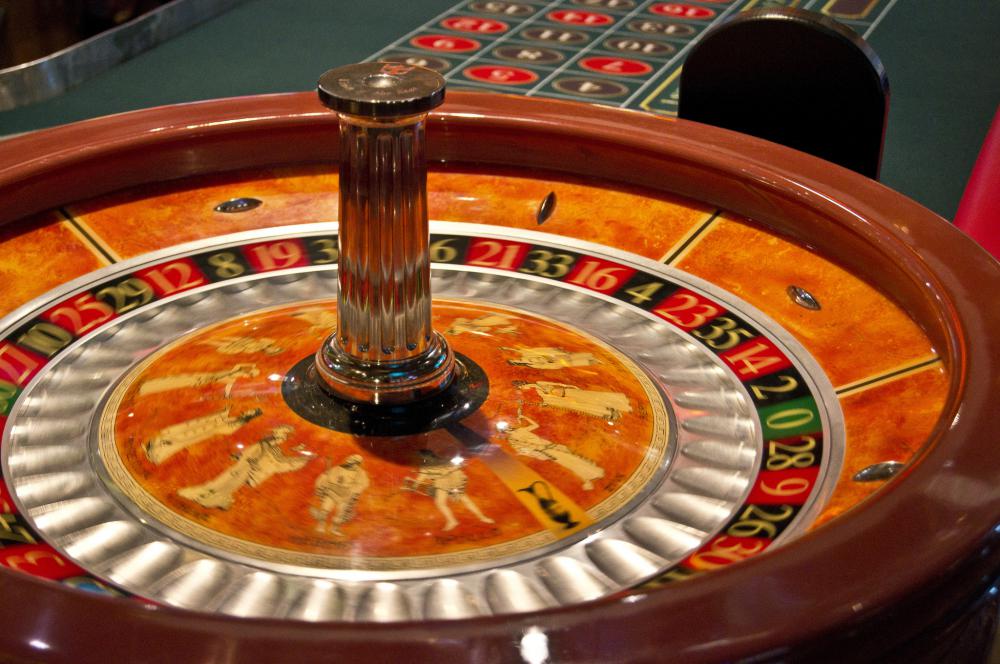Not so long ago playing at a casino was rather inconvenient. You had to physically go to one, and they weren’t readily available outside of big cities.
Even Swindon, which has ranked seventh on the list of best places to live in the UK, doesn’t host a casino site on its territory. Now, thanks to online casinos, everybody of legal age can play from every point in the world (at least where it's legal).
What’s more, countries all over are easing restrictions on gambling while online operators are racing head over heels to provide attractive offers to players of all skill levels. In fact, as we’ve written before, online casinos are a great example of how to run an efficient marketing campaign.
For those of you intrigued by this industry, we’ve prepared a list of five of the best books that will teach you where gambling came from, how to be good at it, and why playing roulette is not all about luck.
“Roll the Bones” by David G. Schwartz
“Roll the Bones” offers readers the chance to delve deeper into games as a cultural and social phenomenon that’s been part of human development since its origins.
The book covers topics such as the earliest forms of gaming like rolling knucklebones (hence the title of the book), the role of the British Empire in popularising gambling across the world, and something as recent as the rising popularity of online gambling.
Readers can rest assured that the book is well-researched given that at the time of writing, its author, David Schwartz, was the Director of the Center for Gaming Research at the University of Nevada.
The book has received praise from industry experts with Poker Hall of Famer Crandell Addington saying: “’Roll the Bones’ is an impressive telling of our journey with gambling, from its evolutionary beginnings to today—a great read for both the serious student of gambling history and the merely curious.”
“Gambling 102: The Best Strategies for All Casino Games” by Michael Shackleford
Gambling comes in many shapes and sizes with each game featuring intricate characteristics.
To help with the various types of games Michael Shackleford—a US mathematician nicknamed “The Wizard of Odds”—has come up with “Gambling 102”. This is a light read of only 176 pages spread across nineteen chapters, where the author covers the mechanics of each game—what odds players are facing and how to beat them.
The book, however, is best suited for the intermediate player as it doesn’t go over basics such as explaining the rules of the games. “Gambling 102” is also a better fit for those players who are willing to put some work into their play rather than sit back and hope for the best.
Winning at games is part art, part science, which are not necessarily opposing terms. However, considering a mathematician wrote this book, readers should expect to dust off their math skills and count more on the science part when applying the presented strategies in real life.
“The Theory of Poker” by David Sklansky

Poker is a staple game in the gambling world with easy to learn rules. Knowing which hand ranks where, however, is far from enough to be good at the felt. Many variables go into being successful in this card game and luck is very low on the list.
In 1999 David Sklansky, a professional poker player holding three WSOP bracelets and author of multiple publications on gambling, published one of the essential books on poker— “The Theory of Poker.”
In the book, Sklansky goes over theories and strategies relating to every type of the game, from razz to the most popular, Texas Hold’em. The author has covered all aspects of poker that separate players who take away the chips from those that lose them all. Some of the winning concepts that Sklansky discusses in “The Theory of Poker” are how to bluff, how to read opponents, and how to calculate odds.
“John Patrick’s Roulette: A Pro’s Guide to Managing Your Money and Beating the Wheel” by John Patrick
Contrary to popular belief successful roulette play doesn’t only come down to where the pill will land.
Sure, roulette players can’t bluff, can’t get in their opponent’s head, and only have one chance per round to make the right decision unlike, say, poker where players have several opportunities to recover from a poor choice. But this doesn’t mean that roulette players are completely powerless when it comes to winning or losing. John Patrick proves it in this book about roulette—a work that focuses on one often overlooked thing that players can influence—their bankroll management.
Much of the gambling advice out there, in both paper and online form, focuses on in-play strategies and tactics like which color and number combinations to pick. Few are the works that touch upon the idea that if players wish to leave the casino with more than when they entered it, they need to be smart with their money. One of the main principles that Patrick teaches in this book is simple: when winning—push in, when losing—pull back.
“Casino Royale” by Ian Fleming

This is Ian Fleming’s novel that started a series that would later become one of the most successful franchises in the entertainment industry. Anybody familiar with the story of 007 knows about his fondness of fine casinos where he can show off a perfectly tailored suite, order a signature vodka martini (MARTINI has a nice selection of vermouths), and beat his archenemies at the poker table before saving the world.
The classic does not exactly contain instructions on how to play a good hand, but it rather touches upon another important part of casino games—mindset. Successful players know that gambling is a mind game and those who can keep a cool head and play with confidence are the ones that cash in the most chips.
If you are really into the act, you can even rent The Fleming Villa—the Jamaican villa where Fleming wrote Casino Royale. Be warned, though, that Luxury Retreats has put a price tag of $4,455 –$10,505/night for the luxurious beachfront property.

Reading books about gambling is only part of the game. To become an ace at casinos, you need hands-on experience. While Swindon might be lacking one, you are in luck because it only takes a couple of clicks to find a live casino page where you can play in an instant and test your skills on a variety of games.

